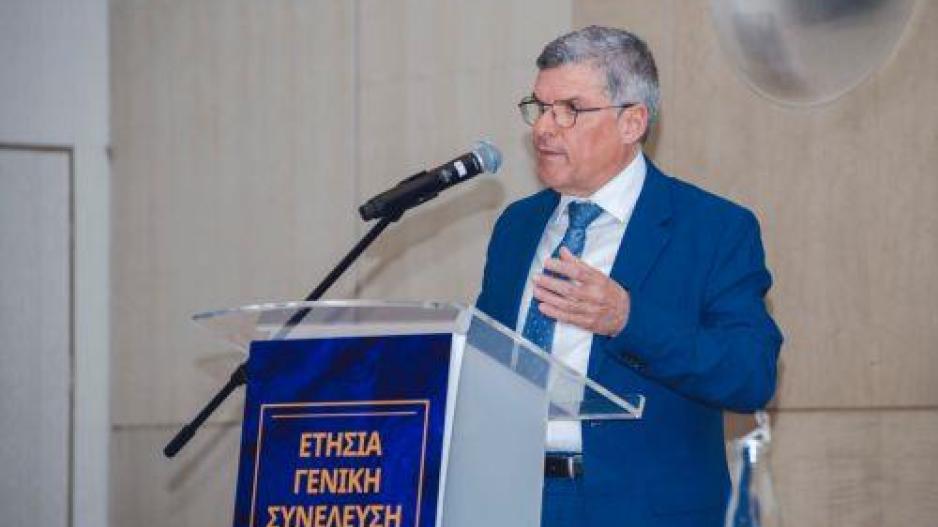Energy Minister Assesses Geopolitical Risk for Great Sea Interconnector
Clear U.S. Support Highlighted by Skylakakis.
Cyprus Minister of Energy, Commerce, and Industry Giorgos Papanastasiou emphasized that geopolitical risks associated with the Great Sea Interconnector project are manageable. Speaking at the "2nd Greece – Cyprus Summit" in Nicosia alongside Greek Minister Theodoros Skylakakis, he noted that the United States fully supports the initiative. Mr. Skylakakis highlighted the project's strategic importance, underlining the benefits of completing the interconnection between Greece, Cyprus, and Israel.
Cyprus's participation in the project's equity will be determined after a risk assessment study is completed, Mr. Papanastasiou stated. During his presentation, he outlined Cyprus’s energy policy, focusing on leveraging natural gas for electricity production combined with renewable energy sources (RES), electric interconnection, and battery technology.
The intergovernmental meeting also covered electric interconnection and the emerging natural gas market. Cyprus requested Greece’s assistance in transitioning to a liberalized market and certifying the floating terminal through Greek infrastructure.
Regarding natural gas discoveries in Cyprus’s exclusive economic zone (EEZ), Mr. Papanastasiou announced that Cyprus expects its first natural gas output in 2027 from the "Cronos" field in Block 6, with plans to transport it to the "Zohr" field in Egypt for liquefaction.
Mr. Skylakakis noted Greece’s advanced integration of RES into its energy mix, currently at 13.5 GW, with projections to exceed 20 GW in three years. He described Greece as a hub for interconnections with various countries, emphasizing the importance of projects like the Great Sea Interconnector and a potential green interconnection to transport wind energy from Egypt.
The Great Sea Interconnector was described by Mr. Papanastasiou as a "geopolitical and energy project" supported by an EU grant. ADMIE, the implementing body, is progressing with the Cyprus-Crete phase. Once completed, it will link Cyprus to mainland Europe, aligning with EU energy goals. Mr. Skylakakis noted the project's significant funding and international investor interest.
On managing risks, Mr. Skylakakis stressed U.S. support and the non-invasive nature of the cabling on seabed rights. Mr. Papanastasiou added that risks are mitigated through diplomacy, operational monitoring, and strategic financial alliances. Cyprus’s equity participation will be finalized after external consultants complete their analysis.
Concluding the discussion, Mr. Skylakakis highlighted the project's transformative benefits for Cyprus, including energy system stability and expanded RES potential. He expressed optimism about its progress, stating that its geopolitical and energy significance ensures its eventual completion.






